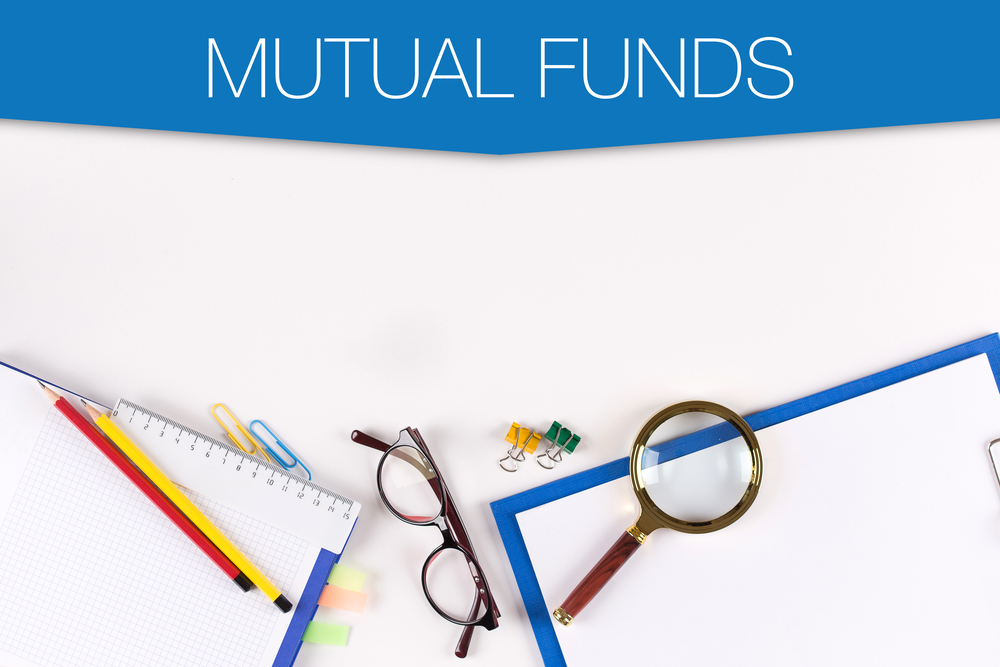New Delhi, October 24:
Ankur Choudhary, Co-founder & CIO, Goalwise, talks about important things new investors should consider in mutual funds, its prospects in view of the current economic slowdown in the country. Edited excerpts.
What should new investors know before choosing any Mutual Fund?
The three important things that an investor should consider before investing in mutual funds are:
Have the right expectations about the risk and returns - Mutual funds are not a get rich quick scheme nor are they risk free. The returns of equity mutual funds depend on the stock market returns and no one can predict what the stock market will do in a given year. One-third of the time, the stock markets give negative annual returns. On the other side, debt mutual funds are safer but will give you returns like FD. There is no such thing as low risk, high returns.
Understand your risk tolerance - Figure out what degree of losses you are willing to tolerate before you will start second guessing your investments - is it 0 per cent, 10 per cent, 20 per cent, or 40 per cent? Then invest accordingly. The lower the risk appetite, the lower should be your allocation to equity MFs and higher to debt MFs.
Invest according to your goals - Most people invest without any planning or purpose. The outcome is that they redeem their investments at the first sign of trouble. If you are investing for your retirement, it doesn’t matter whether your investments are down 20 per cent today. So figure out what your short term, medium term and long term financial goals are and invest accordingly.
How is MF different from other investment instruments?
Saving with banks, either in the form of a bank account or a fixed deposit (FD), has a fixed rate of return guaranteed by the bank and is quite safe. Mutual funds, on the other hand, don’t offer any guaranteed returns and your investments are subject to market risks, especially in the case of equity mutual funds. However, a bank account or FD offer very low interest rates, usually close to inflation, so they are unsuitable for achieving long term financial goals like retirement where one needs to generate above-inflation returns from their savings in order to meet them.
What new investment habits do you observe in the MF industry?
There are some big changes happening currently. Firstly, there’s a shift from investing with banks to independent online MF investment platforms. Second is the shift from commission-laden regular mutual funds to commission-free direct mutual funds. By our estimates almost 40 per cent of the new investments are being made in direct mutual funds. Thirdly, retail investors are continuing their SIPs despite market volatility.
How well will the MF industry augur in view of the current economic situation of the country?
Any economy goes through periods of slowdown and growth and while investment activity does mirror this cycle, India’s overall growth story remains intact for the long term and the MF industry will be one of the biggest beneficiaries of that in the coming decade. A recent BCG-AMFI report projects a 4x growth in the MF industry assets in the next 10 years.









